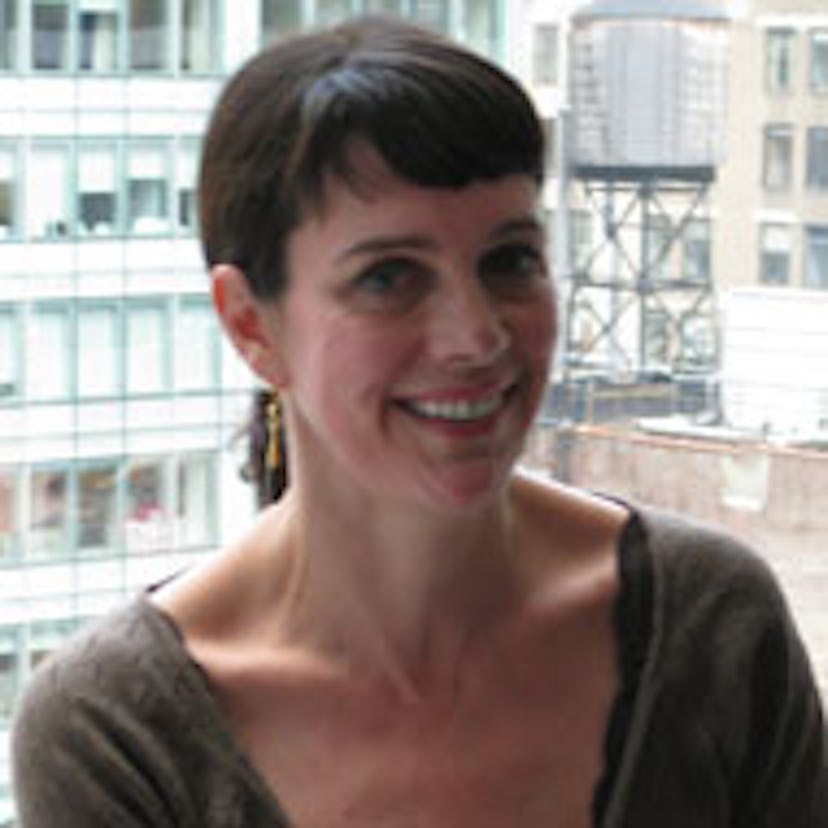
Boy Interrupted is obviously extremely personal and very emotionally transparent. Did you, as parents, hope it would give you some closure? I think attempting closure is something that’s misguided for a suicide survivor because there will never be closure. It’s such a profound loss that you can’t even conceive of closure. But is making the film a way to begin to process the grief? Absolutely. I liken it often to an ocean full of tears, and what you have is a teaspoon. You can scoop a few spoonfuls at a time, and maybe you’ll make some progress. I think that’s really all we can ask for.
So this film, it’s a little spoonful for you? Absolutely. This has been a significant moment in my personal journey to try and find an identity beyond a suicide mom. I began to see myself as just “the mother of a suicide” and became totally consumed by that. But I know I have to be able to, at some point, come back to life.
Was there a point at which you consciously shifted from filming for family memory purposes to documenting Evan’s struggle with bipolar disorder? No, we never shot home movies for any other purpose than shooting home movies. We were filmmakers and we were just playing. There was never a shift when when we said, “We’re going to document this child,” because he seemed really well, especially the last four years.
At what point did you and Hart know that you wanted to make the film? I started to do the interviews a few months after Evan’s funeral. It’s a little bit hard to remember, but I recall wanting to do something and talking to Hart about how no other family should have to go through what we’re going through. The general impulse was, “Let’s do something. I don’t know what, but we have to do something.”
Did you feel that people were judging you when you filmed Evan’s funeral? I know what you mean. After he died, we asked two family friends to film the funeral, just because it was something that was so strange and wrong and surreal. At that point, I wasn’t sure if we were really making a movie or not, but it was something like, “Would you mind bringing your cameras and shooting?” And it turned out to be this extraordinary day of course.
It’s said that losing a child almost always negatively impacts a marriage. How have you two been affected as a couple? Yes, that’s a hard one. Our marriage, like any other, has been deeply challenged by our experience. Even though we’re going through the same experience, we’re not the same person, so those differences come out. I think it takes a lot of strength and a lot of commitment. I think we have that.
You mention in the documentary that you have no choice but to go forward. Where have you and your family found the strength to do that? We have two living children, thank God, and honestly if it wasn’t for that, it would be much more difficult. But they’re wonderful children, they give back so much, and they’re alive. They have their whole lives ahead of them and that gives me some comfort.
How did you end up working with HBO? I forget who called who, but we had lunch with Sheila Nevins and Nancy Abraham from HBO. They asked, “What can we do?” And I said, “Well, I’m making this film.” And they just said, “How can we help?” I’ve never experienced that in my whole career; it was that simple. It’s so hard to get movies made, especially ones that are so personal, but they not only supported it, they 1000% supported it.
What’s your next project? I’m working on a film for HBO that has nothing to do with my family, or suicide, or illness—it’s a film about the monks in Austria who made the record called Chant: Music for the Soul, which became a top seller all over Europe. It’s interesting because they were minding their business for 900 years and then suddenly the monks are on TV. So it’s this very sweet little film, and it’s been a great distraction. I’m just about to hand in my second cut today.
Photos: Meghan McElheny (top); courtesy Dana Perry/HBO